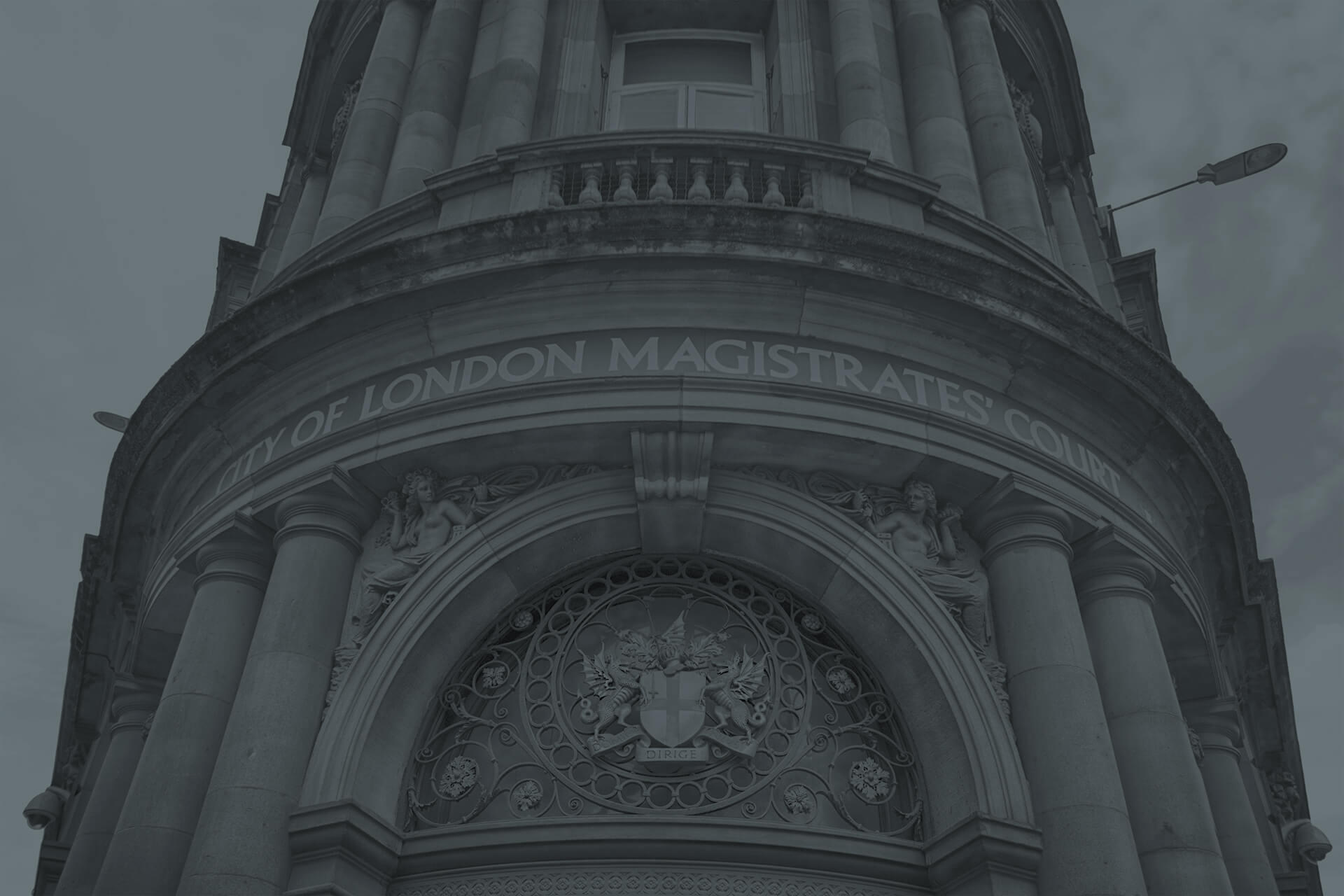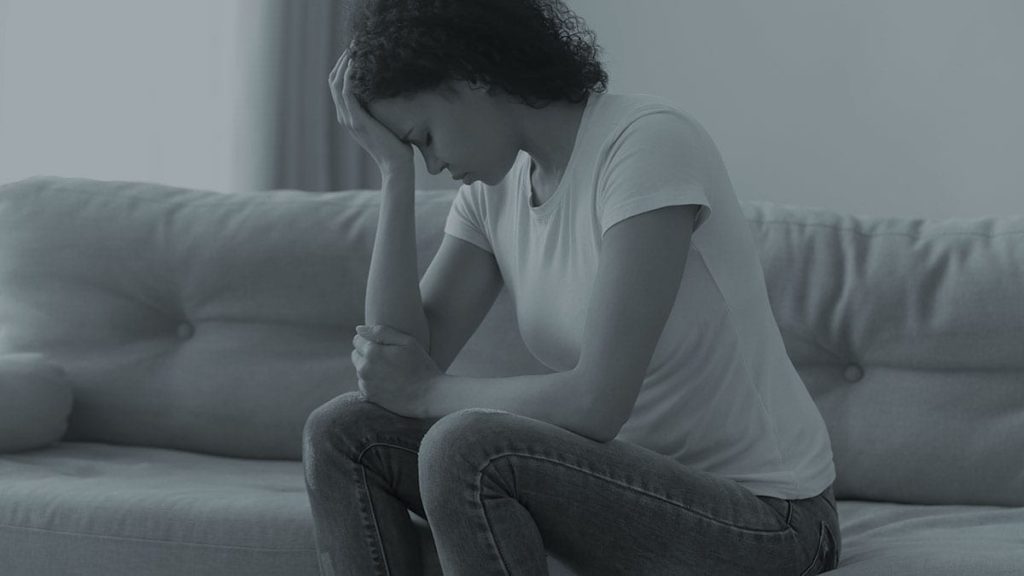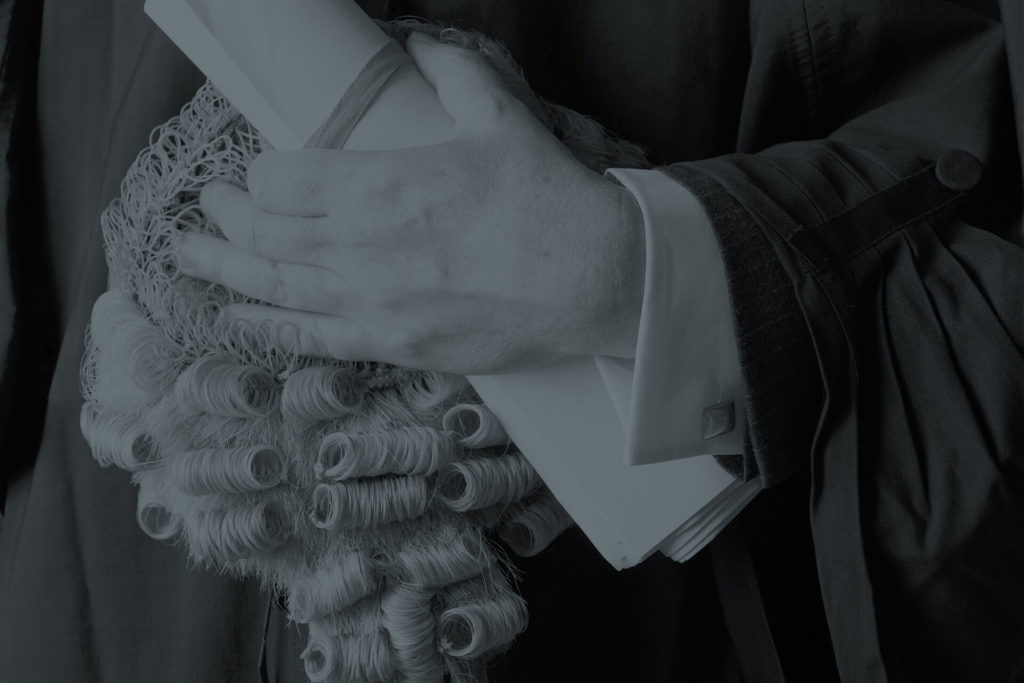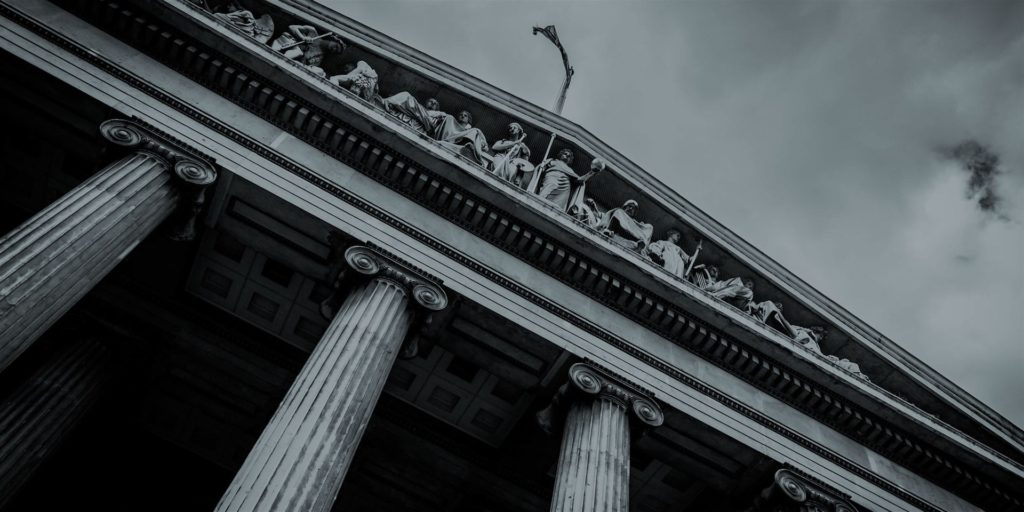Send your enquiry.
Contact us for a free, initial no obligation consultation.
"*" indicates required fields
Your information is safe and treated in accordance with our Privacy Policy
People who take or share sexual, nude or other intimate images of people without their consent could soon face prosecution, no matter what their motivation. This represents a significant change in the law, and is just one aspect of widespread reforms proposed by the Law Commission.
Sexual offence solicitors
If you have been accused of a sexual offence and you need a criminal defence lawyer, please contact us now at Ashmans Solicitors. We can represent you throughout proceedings. We are available to take your call 24 hours a day, 7 days week.
Law reforms
Following a request by the government, the Law Commission has undertaken a comprehensive review of the laws surrounding intimate image abuse. It found the current legislation contains a number of gaps and limitations. The Commission has now proposed various reforms to strengthen the law and protect victims of intimate image abuse.
Here’s what could change.
Include more forms of abuse
Firstly, the Law Commission recommends that more modern forms of abuse are criminalised. Currently, acts such as ‘upskirting’ and voyeurism are illegal. This could be extended to include ‘downblousing’ and sharing altered intimate images of people without their consent, such as pornographic deepfakes.
Include all motivations
Secondly, anyone could be prosecuted for intentionally taking or sharing an intimate image of a person without their consent. Currently, a prosecution can only succeed if the perpetrator’s motivation is shown to be sexual gratification, or to cause humiliation, alarm or distress to the victim. Going forward, this could be widened to include all motivations, or where there is no motivation at all. In practical terms, this means that sharing an intimate image as a joke could result in six months’ imprisonment.
Harsher sentences for more serious conduct
Where the perpetrator’s motivation is sexual gratification, or to cause humiliation, alarm or distress to the victim, then the penalty could be increased to two to three years’ imprisonment. This could also apply to people convicted of threatening to share an intimate image.
New offence for installing equipment
The proposals suggest making it an offence to install equipment, such as a hidden camera, to take intimate images of a person without their consent.
Lifetime anonymity for victims
The Law Commission has also recommended that all victims of intimate image abuse receive lifetime anonymity. At the moment, anonymity is only granted automatically to victims of upskirting and voyeurism. Victims may also be permitted special measures when giving evidence at trial, such as giving evidence behind a screen, by video link or a pre-recorded video.
solicitors – England and Wales
If you are looking for a defence lawyer, contact us now for a free, confidential discussion. We are members of the Legal Aid scheme.
Call us on 0333 009 6275. We are available to take your call 24 hours a day, 7 days a week.
You can also email us on enquiries@ashmanssolicitors.com or complete our Free Online Enquiry Form and we’ll be in touch soon.




